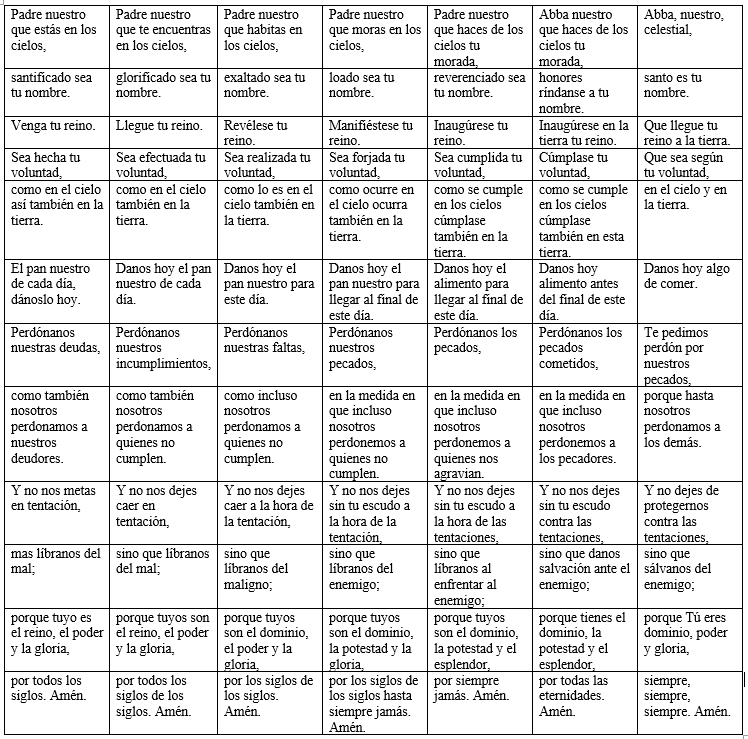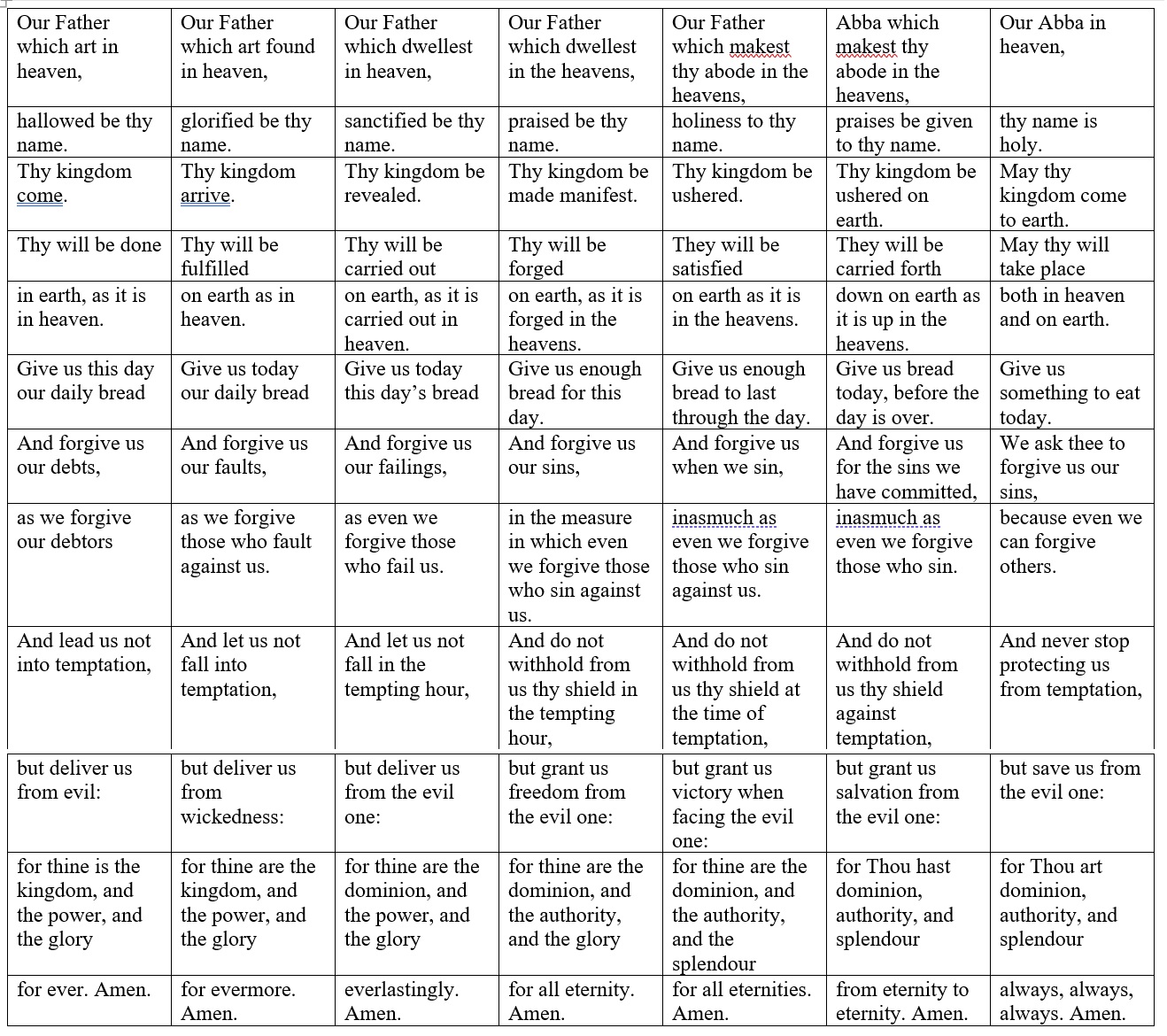Have you ever seen a roadshow?
Most people these days haven’t. It’s a shame, because the roadshow is a uniquely Mormon art form. A 1984 Ensign article attributes the inception of the roadshow to Brigham Young, who instructed the Saints to “sing, dance, and entertain each other” after long days of walking across the plains. The modern roadshow has evolved into a wacky 10-15 minute musical skit. A good roadshow incorporates vibrant characters, an absurd storyline, and lots of music. In days gone by, ward members would compose original pieces for their roadshows. More recently, all you need is a catchy tune and the ability to “Weird Al” some song lyrics. But while the format may have changed, the spirit of the activity hearkens back to our pioneer heritage. A roadshow is an invitation for a ward to come together. It’s about nurturing a spirit of unity and creativity, and helping the youth develop their talents. But mostly, it’s about winning.
I come from a long line of roadshow winners. My maternal grandmother was her ward’s unofficial seamstress. Once, my Grandma Betty spent days sewing a twenty-foot tall American flag with fifty silver, metallic stars. It was displayed for thirty seconds while the youth sang “You’re a Grand Old Flag,” an elaborate showstopper designed to both impress the judges and appeal to their patriotism. Another time, she made fifteen suffragette dresses out of donated bedsheets. Her work was so good that, during the performance, an audience member whispered, “There’s no way they stayed in budget.” Grandma Betty whipped her head around to assure him that the dresses had cost nothing. She was no cheater. She was just the best roadshow costumer in the stake.
She could dress a posse of cowboys, a flock of birds, or an army of frogs. No matter how outlandish the costume, she made those kids look fantastic. Once, while she was gluing plastic fruit onto a hat for a Chiquita banana costume, my mom (who, much to her chagrin, was supposed to wear said hat) asked, “Why do we have to do this?” Grandma Betty frowned and said, “This hat may be the reason we win! Now hand me that banana.”
My paternal grandmother, Joan, began writing and directing roadshows when her young family moved into the Pocatello 6th ward. Their building had a glass-fronted display case near the foyer with space for three things: a golden groundbreaking shovel, a basketball championship plaque, and the coveted roadshow trophy. For as long as anyone could remember, that trophy had belonged to Hazel Cox and the 21st ward. When Joan was called to be the 6th ward’s roadshow writer/director, she had no experience. Still, she managed to produce a spunky little skit about Romeo trying to find his Juliet with music from the Broadway show, Oliver. Afterwards, awards were announced. Third place received some good-natured applause. But then: second place—Hazel Cox and the 21st ward. There was an audible murmuring. One brave soul even booed. Finally, the moment came: first place went to the 6th ward! Joan held up the trophy. The winning teenagers howled and whirled their shirts over their heads like they were taking home the world cup, not a twenty-dollar trophy for the ward’s display case. That was the moment that Hazel Cox and Joan became nemeses. They rehearsed in separate buildings, keeping a look-out for possible spies. Joan even squeezed in extra practices by inviting the youth over for Sunday night sing-a-longs. Every year, the two women pushed each other to go higher, harder, and faster, and, thanks to that rivalry, they pulled out miles ahead of their other competitors.
We were living in Southern California when my own mother started writing and directing roadshows. Living so close to Hollywood, many of the members had connections to “the industry,” and were not shy about using their pull to get closer to a win. One ward had an illustrator from Disney studios make their scenery. Another ward borrowed costumes from a professional warehouse. That was the year my mom took songs from the musical Grease and set them in ancient Greece. So, of course, our ward asked the props department at Universal Studios to create a souped-up chariot for the song “Greased Lightning.” It was overkill. But the youth saw these adults putting their hearts and souls into this competition, so it became important to them, too. It was so important that shy little Johnathan Lovell surprised everyone on the night of the big performance by putting on a toga and an Elvis wig, standing up on that professionally made chariot, and shaking his hips all the way to a win.
At some point, someone decided that these roadshow competitions were unhealthy. They stopped awarding first place, instead opting for awards like “Best Music,” “Best Costumes,” and “Best Script,” always making sure that each ward walked away with their own feel-good, foil-trimmed certificate of achievement. When it happened in my Grandma Betty’s area, she called the stake president and gave him a piece of her mind. “Why even have a roadshow if you can’t win?”
I’m sure the reply was some long-winded reasoning about how we should be building a unified Zion. But once the competition was gone, people stopped caring, and the roadshow faded away. Why should anyone dedicate weeks of their time and talent just so thirty teenagers can dress as breakdancing aliens and sing a song from Hamilton? It’s unnecessary.
And yet, I think that Zion won’t be possible without the kind of people who do unnecessary things. People who spend hours sewing a flag that’s only displayed for thirty seconds, or who care so much that they howl and cry happy tears when they feel that their effort was seen. Zion will be built on the shoulders of people who are so teeming with dedication that they leap at the opportunity to stand on a plastic chariot in a toga and gyrate like the Hound Dog himself.

